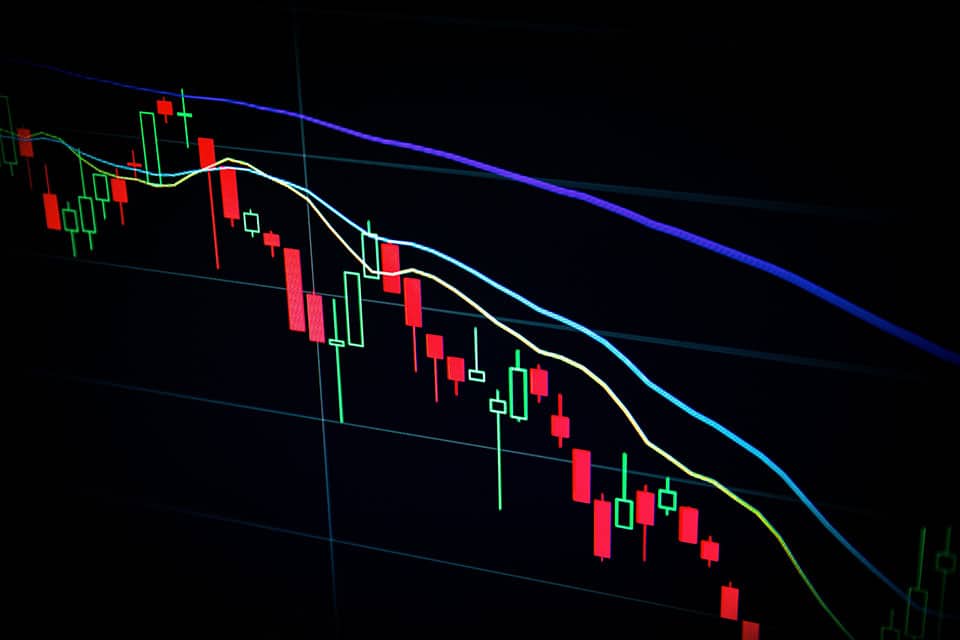In recent years, the financial markets have witnessed a significant transformation with the rise of high-frequency trading (HFT). This article explores the advancements in algorithms that have fueled the growth of HFT, its impact on the markets, and the controversies surrounding this trading strategy.
The Evolution of Trading Algorithms
Trading algorithms have evolved from simple rule-based strategies to complex algorithms capable of executing trades in microseconds. These algorithms leverage sophisticated mathematical models, statistical analysis, and artificial intelligence to identify patterns, exploit market inefficiencies, and make rapid trading decisions.
Speed and Low Latency
One of the key characteristics of HFT is its focus on speed and low latency. HFT firms invest heavily in cutting-edge technology infrastructure, such as high-speed data connections and proximity to exchanges, to reduce the time it takes to execute trades Visit Web. This speed advantage allows HFT firms to capitalize on fleeting market opportunities and execute large volumes of trades within extremely short timeframes.
Market Liquidity and Efficiency
Proponents of HFT argue that it enhances market liquidity and efficiency. By continuously providing buy and sell orders, HFT firms add liquidity to the market, narrowing bid-ask spreads, and reducing trading costs. Additionally, HFT algorithms can quickly detect and exploit pricing discrepancies, leading to more efficient price discovery.
Controversies and Market Risks
HFT has also been surrounded by controversies and concerns. Critics argue that HFT may create market instability and increase the likelihood of flash crashes. The speed and volume of HFT trading can amplify market movements and exacerbate market volatility. Additionally, there are concerns about the fairness of HFT, as it may give HFT firms an informational advantage over other market participants.
Regulatory Responses
Regulators around the world have grappled with the challenges posed by HFT. Some jurisdictions have introduced regulations aimed at curbing potential risks associated with HFT, such as implementing circuit breakers, minimum order resting times, or requiring HFT firms to register and disclose their activities. Regulators strive to strike a balance between fostering innovation and maintaining market integrity.
Technological Arms Race
The rise of HFT has fueled a technological arms race among market participants. Firms continually invest in faster and more sophisticated infrastructure and algorithms to gain a competitive edge. This race for speed and efficiency has driven advancements in areas such as low-latency trading systems, co-location services, and data processing capabilities. Read More in site Mode Unaux.
Future Trends and Challenges
As technology continues to advance, the future of HFT remains intriguing. Artificial intelligence and machine learning are expected to play an increasingly significant role in shaping trading algorithms. However, with the growing complexity of algorithms and potential systemic risks, there is a need for ongoing monitoring, risk management protocols, and regulatory oversight.
Conclusion
High-frequency trading has revolutionized the financial markets, leveraging advanced algorithms and cutting-edge technology to execute trades at lightning speed. While it offers benefits such as enhanced market liquidity and efficiency, HFT is not without controversies and risks. Striking the right balance between innovation, market integrity, and investor protection remains a challenge for regulators. As technology continues to evolve, the world of high-frequency trading will undoubtedly witness further advancements, shaping the future of financial markets.


No comments yet